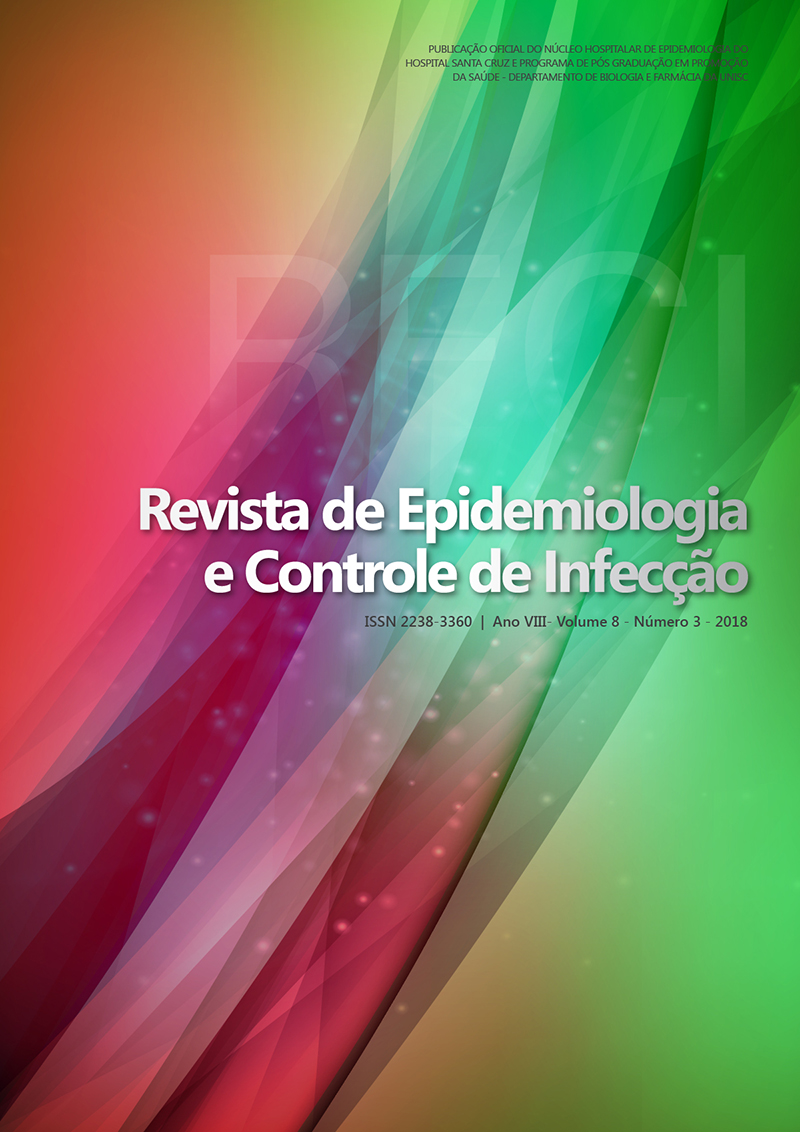Adequacy of an instrument to monitor the hygiene of the hands of a hospital in Rio de Janeiro
DOI:
https://doi.org/10.17058/reci.v8i3.10765Abstract
Background and Objective: Despite the presence of mandatory indicators in the hand hygiene protocols present in Brazil's National Patient Safety Program, monitoring instruments were not recommended, with indicators that evaluate the structural, process and outcome components that allow periodic analysis and construction of improvement actions in the prevention of control of infections related to health care. The objective was to adapt aninstrument to monitor health professionals hands hygiene in a high complexity hospital of Rio de Janeiro. Methods: a questionnaire was applied to auditors who evaluate the performance of the hospital's quality policy to verify the suitability of an instrument to verify the practice of hand hygiene. The findings of this questionnaire and the survey data in the literature - on patient safety, health care related infections and monitoring instruments - enabled the creation of a new instrument, which was submitted to the judgment of specialists, using the Delphi consensus technique. Results: in only two rounds, a consensus of experts was obtained, allowing the construction of a new hand hygiene monitoring instrument. Issues that did not reach 75% agreement were modified. Conclusion: The new instrument validated by specialists allows the evaluation and monitoring of the implementation of the protocol of hand hygiene, comparison between systems and advances in methodologies and work processes, allowing them to be increasingly safe.Downloads
Downloads
Published
How to Cite
Issue
Section
License
The author must state that the paper is original (has not been published previously), not infringing any copyright or other ownership right involving third parties. Once the paper is submitted, the Journal reserves the right to make normative changes, such as spelling and grammar, in order to maintain the language standard, but respecting the author’s style. The published papers become ownership of RECI, considering that all the opinions expressed by the authors are their responsibility. Because we are an open access journal, we allow free use of articles in educational and scientific applications provided the source is cited under the Creative Commons CC-BY license.


